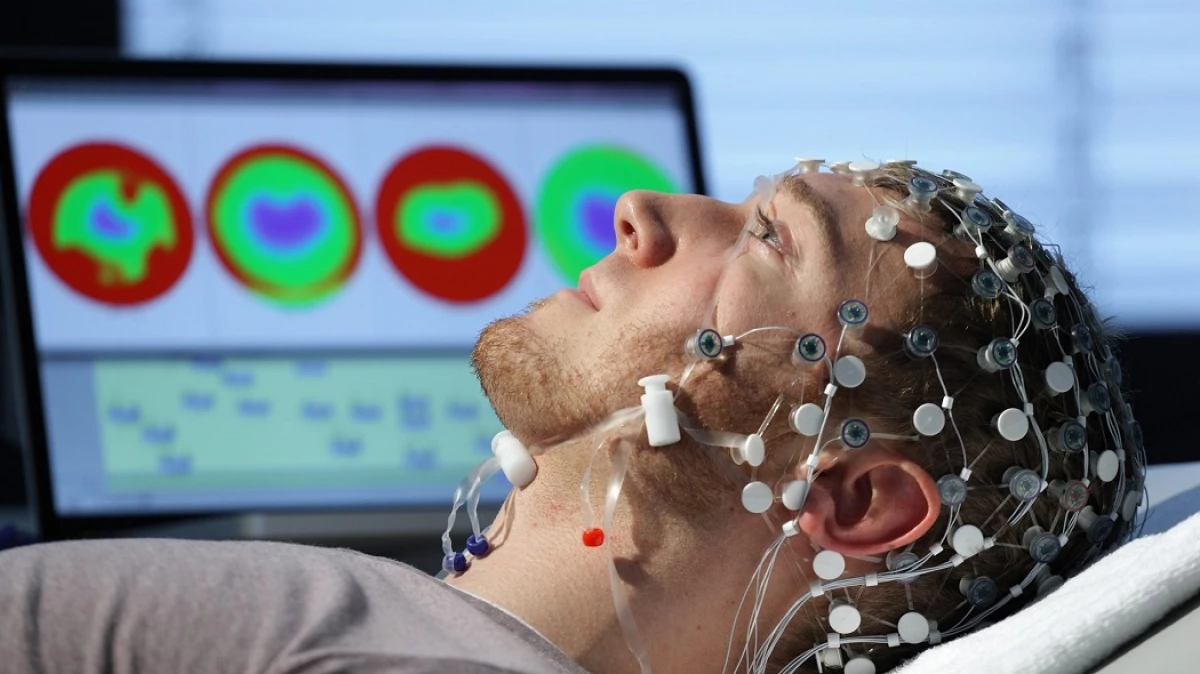Understanding neural processes related to this feeling will help prevent its negative consequences.

Researchers from California University in San Diego found that wise people are less inclined to experience a feeling of loneliness. According to researchers, such a pattern was first seen at the neuronal level. The results of scientific work appeared in the Cerebral Cortex magazine.
The scientific research was attended by 147 volunteers whose age ranged from 18 to 85 years. Experts studied the results of the electroencephalogram of participants, paying particular attention to the tempororal compounds (TPJ), which is a brain assembly in which information is collected and processed.

The degree of wisdom and loneliness of the subjects were assessed using the test, after which the volunteers had to undergo a cognitive test, the essence of which was to choose portraits of people with a positive, negative, neutral and threatening facial expression. The analysis showed that people who highly appreciated their degree of loneliness distracted the angry portraits of people. At this point, scientists could observe the slowdown in the processes in TPJ. The tests that scored more wisdom points were more often distracted by happy faces - on EEG it was manifested in the form of accelerating processes in TPJ. It was also found that the reaction to the anger in single people activated the left upper parietal bark, which is responsible for the allocation of attention, while in wise people at the sight of images of happy persons, the left island of the brain responsible for social characteristics.
This study shows that feedback between loneliness and wisdom, which we found in our previous clinical studies, at least partially built into neurobiology, and not just the result of subjective prejudices, Dilip Jeste, Neuropsychiatr, from California University in San Diego, Cauthor for research.Experts stated that for more accurate results in the future, additional research would be necessary, including to just follow the behavior of people for a long period of time. However, they also noted that this study allowed scientists to gain useful information on the features of information processing by people suffering from loneliness.
